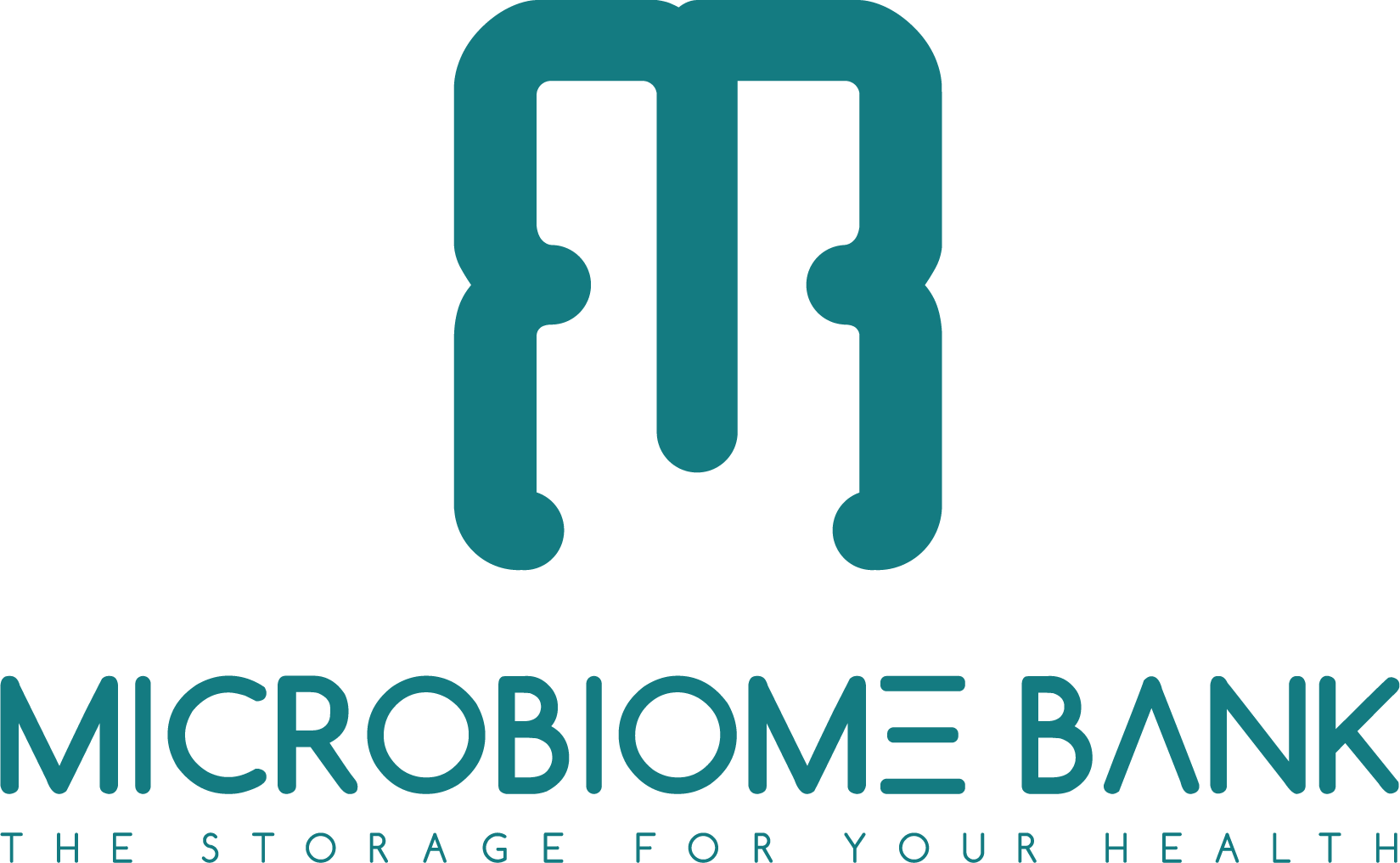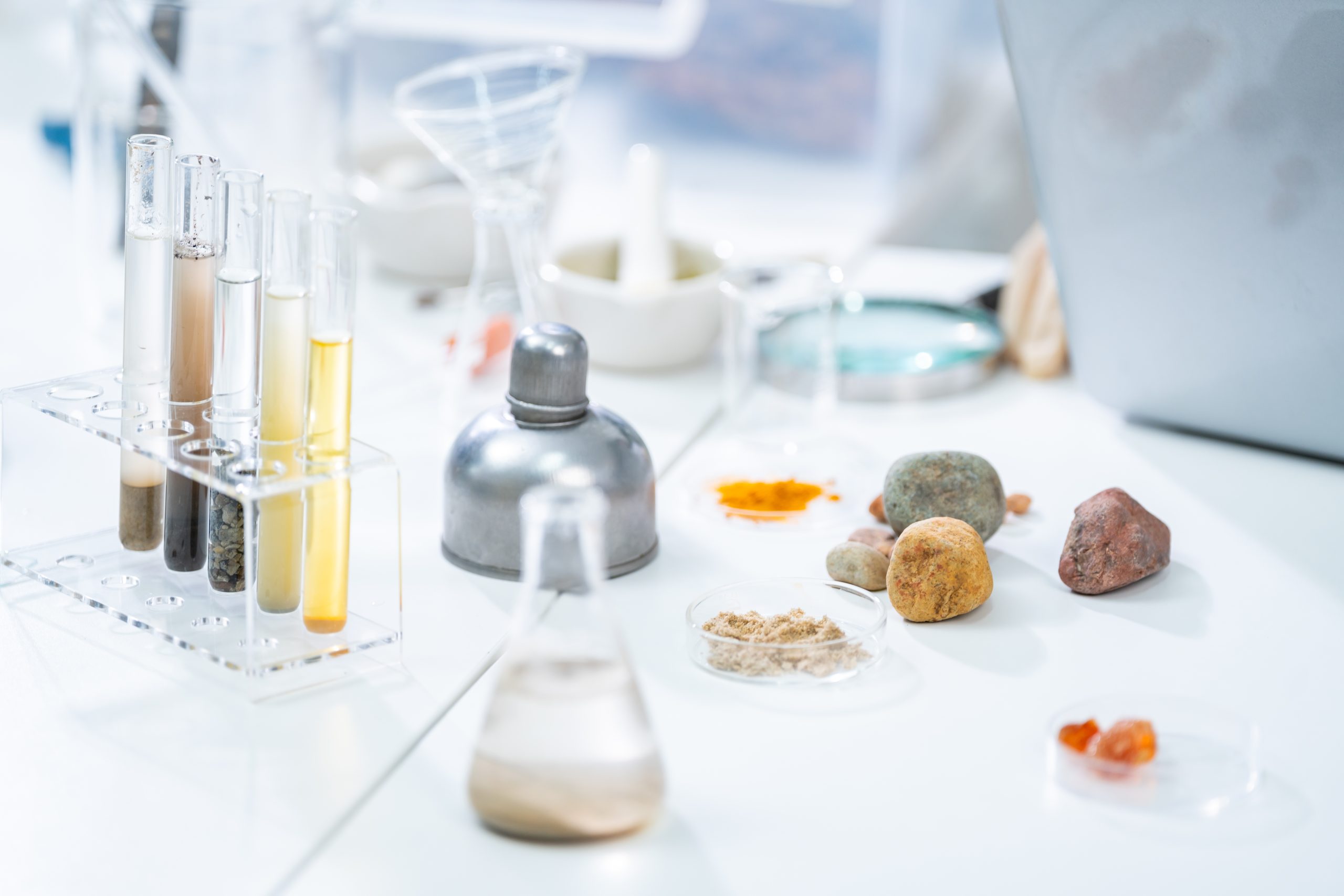The Enemies in My Pantry
For someone who had competed in triathlon races, he wasn’t expecting to lose a battle to a granola bar. But there it was – half-eaten on the kitchen counter, smug in its plastic wrapping, listing ingredients that barely sounded like food: glucose-fructose syrup, “natural flavor,” soy isolate, sunflower oil, emulsifiers, “fortified” with synthetic vitamins. A marathon runner’s snack. And a microbial disaster.
He had spent years telling patients to avoid ultra-processed food (UPF), but now he turned the lens inward. How many shortcuts had tried to creep into his own life? The protein powders? The low-fat yogurts? The quick snacks labeled “healthy” by clever marketing? When he audited his pantry, he realized that convenience had replaced nourishment, and his microbes were paying the price.
The science was damning. Studies show that diets high in emulsifiers, artificial sweeteners, seed oils, and refined carbs alter gut permeability, promote the growth of pro-inflammatory bacteria, and reduce microbial diversity – a key marker of health and resilience. Mice given common emulsifiers like carboxymethylcellulose and polysorbate 80 developed low-grade inflammation and metabolic syndrome. In humans, similar patterns emerge: UPF-heavy diets correlate with obesity, anxiety, fatigue, and autoimmune issues.
What shocked him most wasn’t just the direct effects on the gut – it was how quickly they occurred. Just three days of a Western diet can reduce the abundance of Faecalibacterium prausnitzii, a key butyrate producer, and shift the entire microbial ecosystem. Your body doesn’t just digest food. Your food reprograms your body.
He decided to go full reset. Out went the packaged goods. In came whole foods: fermented vegetables, heirloom legumes, fibrous greens, and slow-cooked stews like his mother used to make. He started eating with texture in mind – because roughage feeds microbes – and began rethinking how he ate, not just what. No more eating standing. No more phones. No more late-night snacking. Meals became microbial rituals.
A Microbiota Manipulation Handbook. He would write one. First, for himself. To document everything he had experienced so far: the strategies that truly worked, and the dead ends whose lessons were just as important. But if it turned out interesting enough, maybe he would share it with the patients undergoing FMT. Because anything that can stabilize the swings of a bacterial community — be it diet, small lifestyle tweaks, or a capsule — is a tool that helps. As he took notes, he kept reflecting on what a “healthy” gut microbiota really means. Not a perfect species list. But a dynamic, resilient ecosystem, one that can adapt to challenges, repair itself, and uplift its host along with it.
He dedicated the fifth chapter of the handbook to food additives, and quickly supplemented it with a few items he had already jotted down here and there.
”c) Microbiota Effects
- Emulsifiers such as polysorbate 80 and CMC disrupt the mucus layer, increasing intestinal permeability and inflammation.
- Additives can promote the imbalance of bacteria causing species like Proteobacteria to overgrow and reduce beneficial ones like Akkermansia.
- Artificial sweeteners (e.g., saccharin, sucralose) may alter glucose tolerance by changing microbiota composition.
- Titanium dioxide, a common whitening agent, may interfere with immune function in the gut.
- Long-term consumption of additive-heavy diets may contribute to metabolic syndrome, IBD, and allergies through chronic microbiome disruption.”
In just two weeks, the fog lifted. Digestion improved. Moods stabilized. Cravings softened. It wasn’t magic – it was biology. His gut wasn’t broken. It was starved of what it needed.
Next week: “My Gut Garden Begins to Bloom” — the whole-food strategy to feed life from within.


